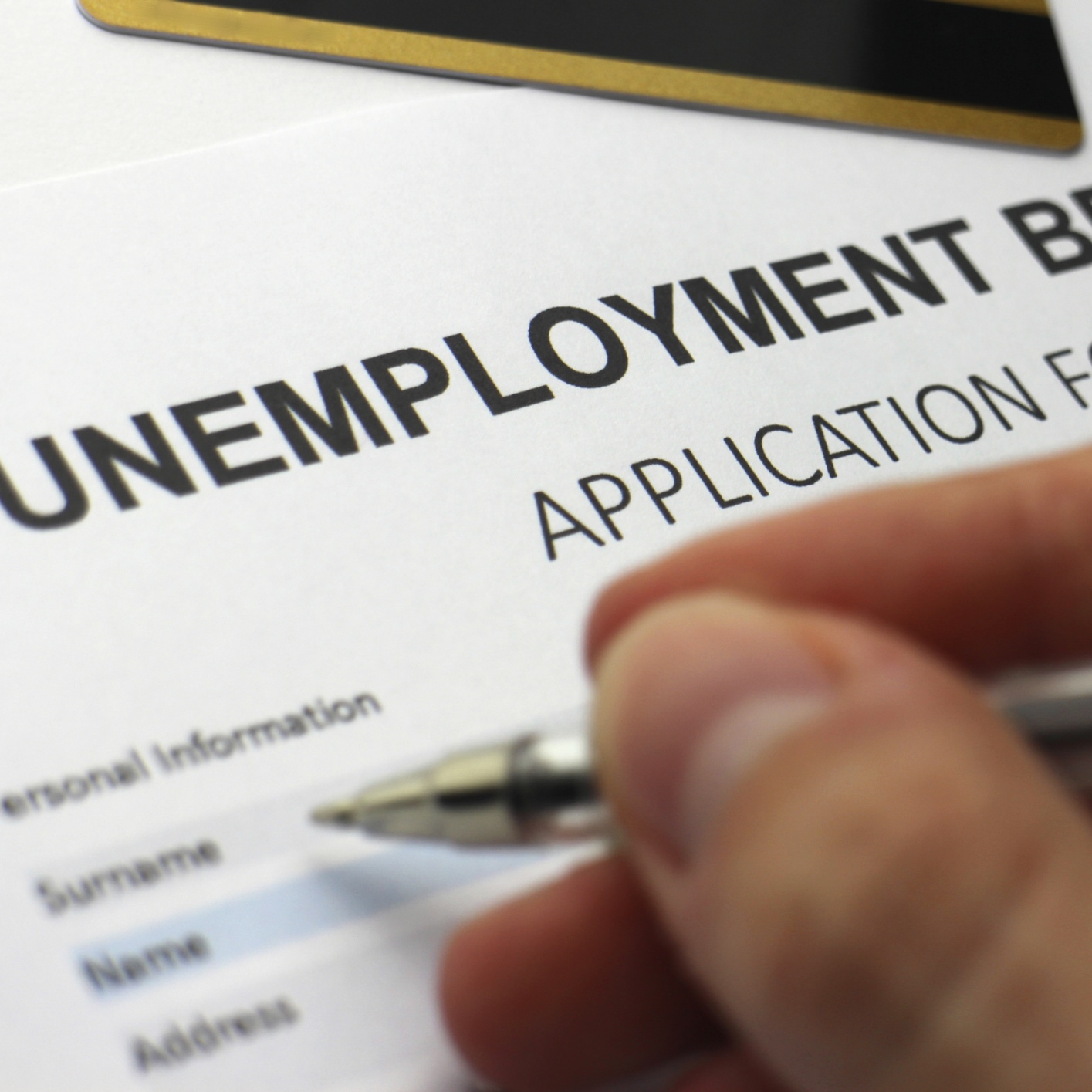
This week’s economic news is likely to turn toward Hurricane Matthew on Friday, but the broader economic reading on the Employment Situation from the Department of Labor is going to likely be the main market mover on Friday.
24/7 Wall St. has already previewed the payroll gains expected and shown the preliminary data from this week. What stands out more than anything is not just the formal consensus estimates. It is how much these estimates vary from firm to firm on Wall Street. Even the consensus estimates vary slightly from source to source.
The consensus estimate for unemployment is 4.9% at Bloomberg and Dow Jones. The Labor Department’s household survey is taken from roughly 60,000 households.
The number one report watched is the change in nonfarm payrolls. This number combined private sector and government jobs. Reuters has the consensus estimate at 175,000 for September. Dow Jones has a new consensus estimate of 172,000 and Bloomberg’s consensus estimate is now 168,000 and their Econoday range is 155,000 to 200,000.
Goldman Sachs has now raised its estimate to 190,000 from 175,000. They now project an unemployment rate of just 4.8% after the latest ISM non-manufacturing survey.
Convergex told Dow Jones that about 170,000 jobs is a reasonable estimate in nonfarm payrolls.
BofA Merrill Lynch sees nonfarm payrolls rising by 140,000 and sees private sector payrolls coming in at 135,000.
Ned Davis Research said that after the combined ADP private payrolls, ISM employment indexes, layoff trends, and other employment indicators followed, the team expects nonfarm payrolls to increase about 185,000 in September.
Stifel Fixed Income is projecting 155,000 in nonfarm payrolls.
Jefferies was last seen projecting 180,000 in nonfarm payrolls.
As a reminder, initial jobless claims for unemployment insurance were down by 5,000 to 249,000 last week. This was the second lowest level since 1973.
Also, the ADP National Employment Report this week projected that overall private sector payrolls increased by 154,000 jobs from August to September.
Take This Retirement Quiz To Get Matched With An Advisor Now (Sponsored)
Are you ready for retirement? Planning for retirement can be overwhelming, that’s why it could be a good idea to speak to a fiduciary financial advisor about your goals today.
Start by taking this retirement quiz right here from SmartAsset that will match you with up to 3 financial advisors that serve your area and beyond in 5 minutes. Smart Asset is now matching over 50,000 people a month.
Click here now to get started.
Thank you for reading! Have some feedback for us?
Contact the 24/7 Wall St. editorial team.


